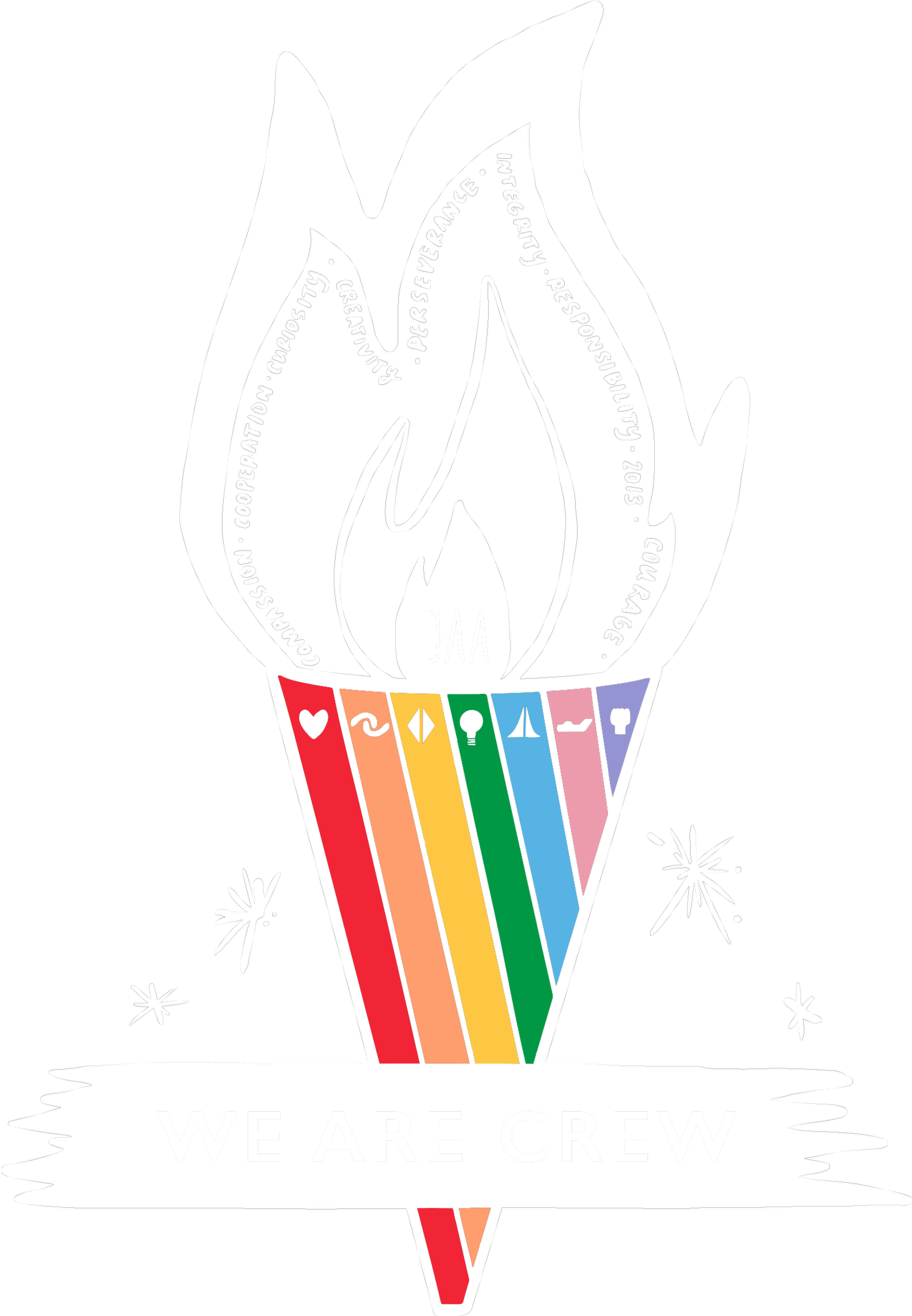2nd Grade // Field Work
During the morning of December 15, 2017, forty three excited and impatient second graders boarded a bus to the Ann Arbor Museum of Natural History. The air was buzzing with anticipation. During the long snowy ride, you could hear the little voices discussing “fossils,” “extinction,” “ichthyosaurs’,” and “paleontologists.” Peers were asking each other questions, trying to predict what treasures the museum would hold.
When we arrived, you could feel the kids’ joy. Students were eager to finally explore exhibits about the topics they’ve been learning about in the class. While exploring, each student worked as a scientist, using a note-catcher to document their findings and illustrate all the fascinating displays. You could hear students making connections to the work they’ve done in the classroom; they were reciting facts and information to others as they browsed. There were many “oohs!” and “ahhhhs!” as students learned new facts.
So why do we have “field work”? Why is it important to the success of students? Well, ask yourself this question- when you learn how to cook, do you just read the recipe and then you know it automatically? Unless you have a perfect memory, chances are, probably not. Just like chef’s need to create and explore with their ingredients, students need opportunities to extend their learning beyond the books. While rich texts provide an excellent source of information on a topic, they aren’t enough to make us experts in one particular topic. When students are able to have a direct relationship with the world around them and make authentic connections, they are able to expand their schema, and develop their own ideas!
Field work doesn’t only require students to use reading, writing, and listening skills. They are also able to develop their researching and critical thinking skills while they explore in the field. Students are also able to interview experts and raise questions they may have from their units in class. Students are able to take charge of their learning through field work by examining topics they find interesting and making connections to things they already know.
While it is an exciting day for students to get out of the classroom and into the real world for learning, field study is also essential for students to make real connections between what they’re learning in the classroom to the community around them. According to EL’s Core Practice’s, “It provides opportunities for students to analyze multiple perspectives, voice their opinions, construct arguments supported by evidence, and to act in service to their communities.” By giving students an opportunity to achieve success inside and outside of the classroom, it will inspire them towards high-level academic achievement and bring learning to life!






